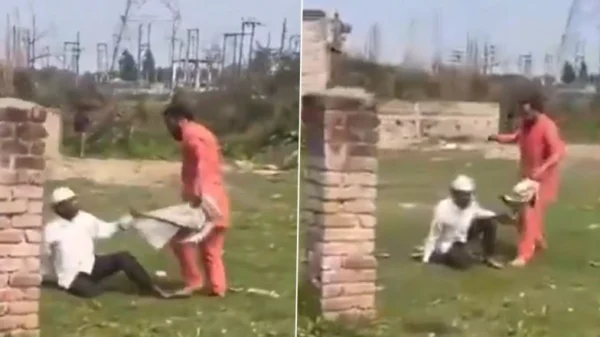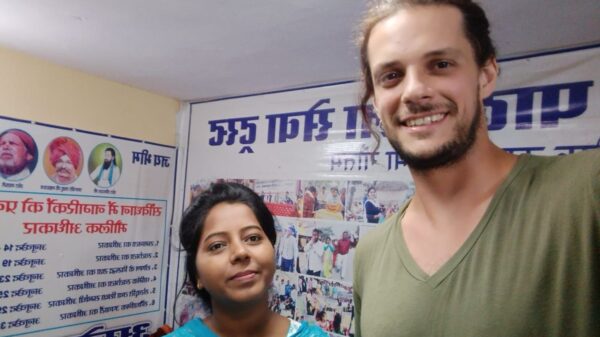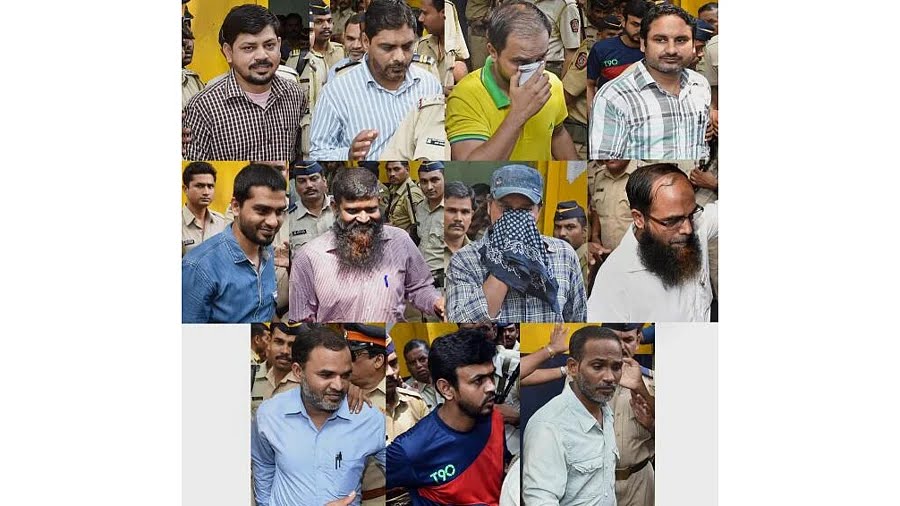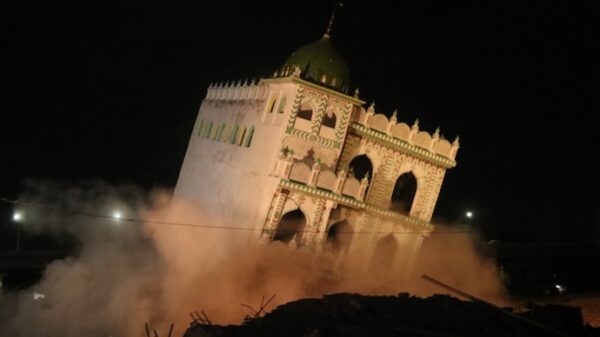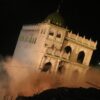The Supreme Court has stayed the Bombay High Court’s decision that acquitted 12 men convicted in the 2006 Mumbai train bomb blasts case, which had killed more than 180 people. However, the top court has not ordered the re-arrest of the accused.
A bench of Justices M M Sundresh and N Kotiswar Singh said that the High Court’s verdict should not be used as a precedent in future cases. The Supreme Court also issued a notice to the accused but allowed them to remain out of jail for now.
The Maharashtra government had challenged the High Court’s ruling. Solicitor General Tushar Mehta, appearing for the state, said the issue was not about sending the accused back to jail, but about how the legal findings in the case could impact other ongoing trials under the Maharashtra Control of Organised Crime Act (MCOCA).
He told the court, “Certain findings of law will affect the MCOCA trial.”
Justice Sundresh said he had gone through the case records and found that some of the accused were Pakistani nationals. He added that the matter was serious and needed careful legal review.
On Monday, the Bombay High Court had acquitted all 12 men, saying the prosecution failed to provide solid evidence. The judges, Justice Anil Kilor and Justice Shyam Chandak, had said, “It is hard to believe that the accused committed the crime.”
The court also pointed out that the weapons and maps shown as evidence did not appear to be linked to the blasts, and that the prosecution could not even prove what kind of bombs were used.
Following the acquittal, Maharashtra Chief Minister Devendra Fadnavis had called the decision “shocking” and confirmed that the state would approach the Supreme Court.The blasts took place on July 11, 2006, when seven bombs exploded in local trains during rush hour between 6.24 pm and 6.35 pm. The bombs were hidden in pressure cookers placed in first-class compartments of trains coming from Churchgate. The explosions happened near several stations, including Matunga Road, Mahim Junction, Bandra, Khar Road, Jogeshwari, Bhayandar, and Borivali.
In 2015, a special MCOCA court had convicted the 12 men. Five of them — Faisal Sheikh, Asif Khan, Kamal Ansari, Ehtesham Siddiqui, and Naveed Khan — were sentenced to death. The other seven, including Mohammed Sajid Ansari and Dr Tanveer Ansari, were given life sentences for being part of the conspiracy.






